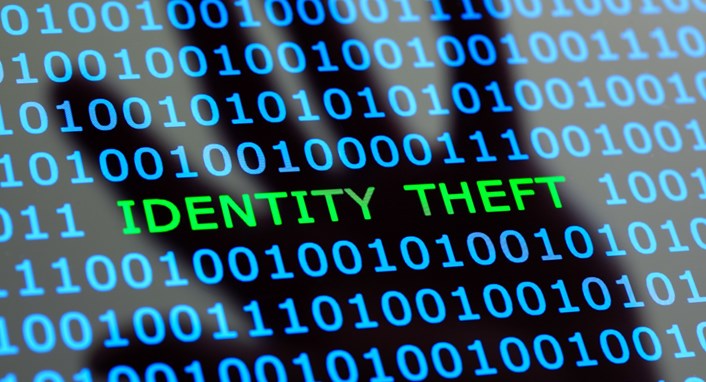
What is Identity Fraud?
What is identity fraud and what are the different types?
Identity fraud is when someone uses another person's personal information without their consent to commit fraud or another crime.
There are different types of identity fraud, but the most common type is when someone steals another person's identity to access their bank account or credit card. They might also use the victim's personal information to apply for a job or a loan.
Another common type of identity fraud is when someone creates a fake ID to buy things or get services they're not entitled to. For example, they might create a fake ID to buy alcohol or cigarettes or to get government benefits they're not entitled to.
Identity fraud can cause harm to the victim, leading to financial losses and even a criminal record. It's important to be aware of identity fraud's dangers and take steps to protect yourself against it.
How does identity fraud occur in banking and finance?
As the world becomes increasingly digital, it's becoming much easier for criminals to commit identity fraud. In the banking and finance industry, identity fraud can occur in several ways.
One common form of identity fraud in the banking and finance industry is when someone steals another person's identity to access their bank account or credit card. This identity fraud can cause harm to the victim, leading to financial losses and even a criminal record.
Another common type of identity fraud in the banking and finance industry is when someone creates a fake ID to buy things or get services they're not entitled to.
Identity fraud can be a very serious problem in the banking and finance industry, and it's important to be aware of the dangers of identity fraud and take steps to protect yourself against it.
What are the consequences of identity fraud?
Regarding the consequences, identity fraud can cause a ripple effect for the victim and their loved ones. In some cases, the victim's credit score may be impacted, which could lead to them not being able to get loans or housing in the future. They may also have to spend time and money restoring their credit score.
In addition, the victim may experience emotional stress because their personal information has been stolen and used without their consent. They may also feel like they're not safe and that their privacy has been violated.
Criminals who commit identity fraud can also face serious consequences. They may be arrested and charged with a crime and end up with a criminal record. They may also have to pay financial damages to their victims.
It's important to be aware of the dangers of identity fraud and take steps to protect yourself against it.
How can banks protect themselves and their customers from identity fraud?
Banks have several ways that they can protect themselves and their customers from identity fraud. One way is to have strong authentication procedures, such as passwords and PINs. Banks can also use fraud detection software to help them identify potential cases of identity fraud.
In addition, banks can educate their customers about the dangers of identity fraud and how they can protect themselves. Customers should be careful about giving out their personal information and monitor their bank accounts and credit reports regularly.
Banks can help protect themselves from identity fraud and keep their customers safe by taking these measures.


